HS Produkt VHS 2 – Service rifles from around the world
- By Travis Pike
Share This Article
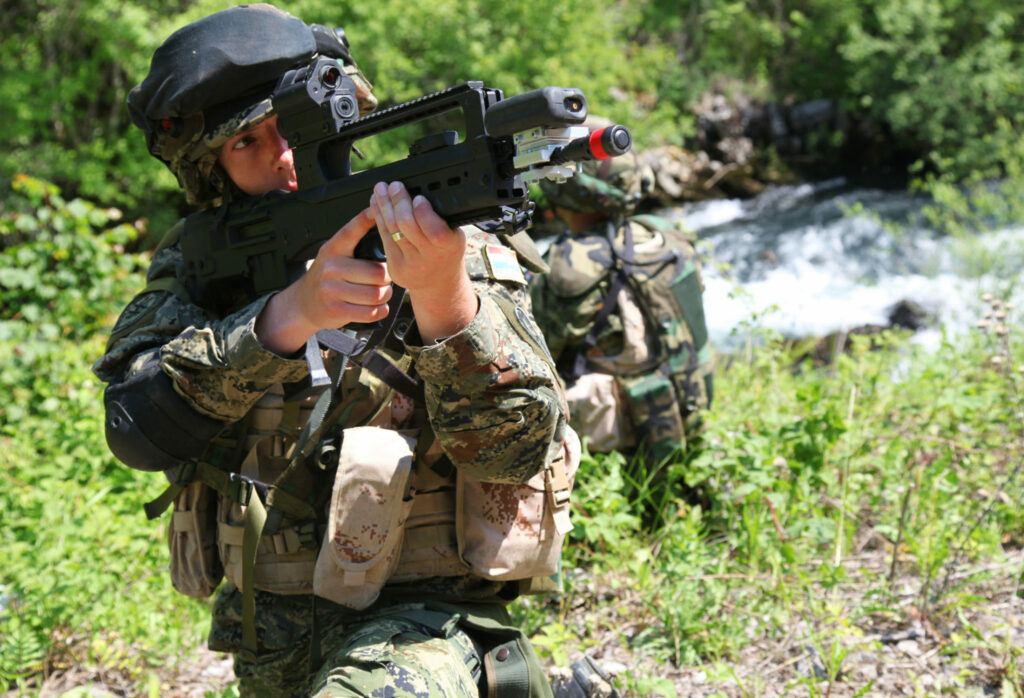
Croatia presents an interesting story of small arms development in a post-World War II world. Croatia split from the Socialist Federal Republic of Yugoslavia when the latter collapsed in 1992. Like in most of the region’s countries, the small arms of choice came from Soviet Russian designs; this means AKs for the general service rifle. Croatia, and Yugoslavia in general, wielded Warsaw Pact weapons for decades and produced their own AK, the Zastava M70. That’s normal. What’s not normal is the rifle that came after the M70: the Croatian-produced VHS and VHS 2.
Back to the future
Going from the M70 to the VHS and later the VHS 2 was quite the jump. The Kalashnikov rifle takes a ton of influence from World War II rifles and SMGs, and its simplistic design shows that. However, with the VHS and VHS 2, it’s another story.
Part of that leap had to do with going from the plentiful 7.62x39mm to the more western 5.56x45mm cartridge. This allowed Croatia to move towards standardization with western Europe. Plus, 5.56 is a lighter-weight option that allows soldiers to carry more ammunition. VHS rifles were produced to use both NATO STANAG magazines and G36 magazines. Croatia chose the G36 magazine since they had more G36 rifles than M16s.

The most significant jump from the Zastava M70 to the VHS was the fact the VHS is a bullpup rifle. A bullpup places the action and, most often, the magazine behind the trigger. This has the end effect of making the weapon much shorter than a standard configuration rifle. I find it interesting that Croatia produced their bullpup versus purchasing a proven design like the Tavor or Steyr AUG.
Related: The FN FNC: The rifle of Ukraine’s Foreign Legion
Enter the VHS
The VHS series of rifles first saw production in 2008. Development reached back to the Croatian War of Independence in 1992. At the time, HS Produkt was known as IM Metal and produced a bullpup variant of the AK series of rifles. It didn’t move beyond a prototype phrase but provided valuable experience to the engineer of IM Metal/HS Produkt.
Prototypes popped up in 1996, 1999, and 2004. In 2005 a prototype of what would become the VHS premiered. Testing began in 2007, and in 2008, the final version of the VHS rifle hit the streets. In 2009 the Croatian army placed an order for several thousand rifles.
The VHS uses a ton of polymer to reduce weight and cost. A high-impact polymer monoblock makes up the majority of the rifle body. Internally the VHS uses a short-stroke gas piston system with a rotating bolt. Oddly, the Croatians installed a 50mm barrel, which is 19.685 inches long in Freedom units.
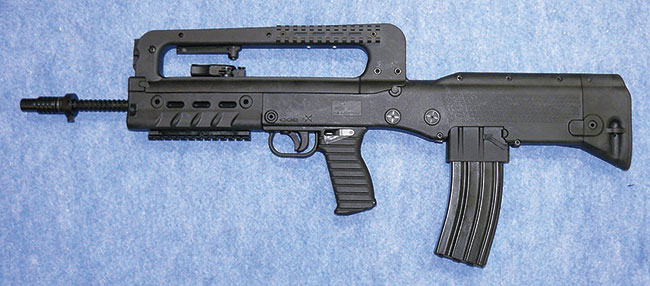
That’s a long barrel for a modern rifle, but that’s not a bad thing. The 5.56 round was made for a 20-inch barrel, and 20-inches maximize your effective range and velocity. A bullpup layout keeps the weapon fairly short, and the overall length is only 30.1 inches. The VHS-K model trims the barrel back to a more modern 16.1 inches for close-quarters use and for use in and out of vehicles.
The “carry handle” retains the weapon’s sights, allows optics mounting, and has an ambidextrous charging handle underneath the carry handle. An ambidextrous magazine release sits behind the mag. It was a solid rifle but had some major flaws.
Becoming the VHS 2
Firstly, the weapon’s safety sucked. It required a ton of movement to change positions and was right-hand-only. On top of that, the weapon ejected brass to the right, so it would eject brass into the face of left-handed shooters; lastly, its modularity was limited. So, HS Produkt went back to the drawing board and developed the VHS 2.
HS Produkt revamped the VHS mostly externally. They revamped the safety to be much easier to use. Now, users could swap the ejection port in minutes without special tools to allow lefties to fire the weapon without getting brass to the face.

The new VHS 2 featured a longer and slightly shorter charging handle equipped with iron sights and a full-length rail for optics. The front of the weapon features M-LOK slots for adding rails and accessories. The stock offers five adjustment points to change the length of pull for bigger or smaller shooters, much like an M4 stock.
The VHS 2 replaced the VHS, and Croatia ordered 20,000 rifles for their defense force. It comes in both the full-sized ‘D’ model and the shorter ‘K’ model.
Service rifles around the world
The VHS and VHS 2 arm the Croatian military, with both models seeing export worldwide, including to the United States. They are also used by foreign military and police forces with 100,000 rifles being adopted by the Iraqi security forces, the Togolese Army, Cameroon, Albania, and Bosnia and Herzegovina.
By all accounts, it’s a well-made and very modern rifle. It certainly came out of left field but has proven successful. Not everyone has to dance the AR15 jig when it comes to combat rifles.
Read more from Sandboxx News
Related Posts
Sandboxx News Merch
-

‘AirPower’ Classic Hoodie
$46.00 – $48.00 Select options This product has multiple variants. The options may be chosen on the product page -
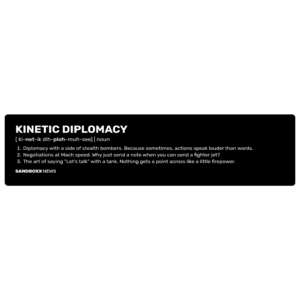
‘Kinetic Diplomacy’ Bumper Sticker (Black)
$8.00 Add to cart -

‘Sandboxx News’ Trucker Cap
$27.00 Select options This product has multiple variants. The options may be chosen on the product page

Travis Pike
Travis Pike is a former Marine Machine gunner who served with 2nd Bn 2nd Marines for 5 years. He deployed in 2009 to Afghanistan and again in 2011 with the 22nd MEU(SOC) during a record-setting 11 months at sea. He’s trained with the Romanian Army, the Spanish Marines, the Emirate Marines, and the Afghan National Army. He serves as an NRA certified pistol instructor and teaches concealed carry classes.
Related to: Gear & Tech
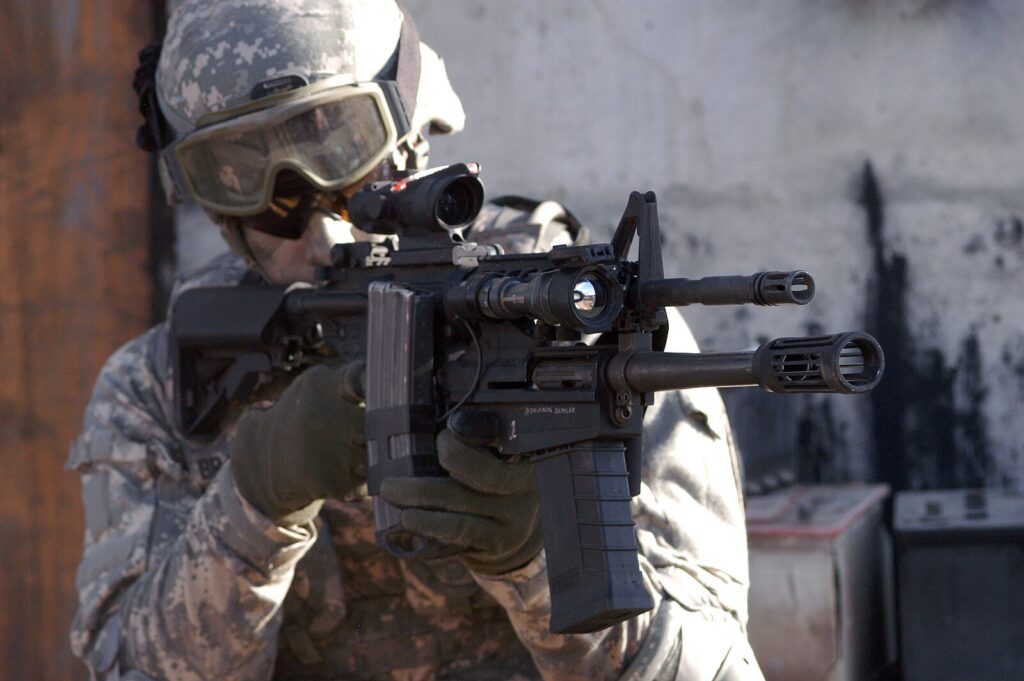
Keeping it weird – The most bizarre features on military firearms
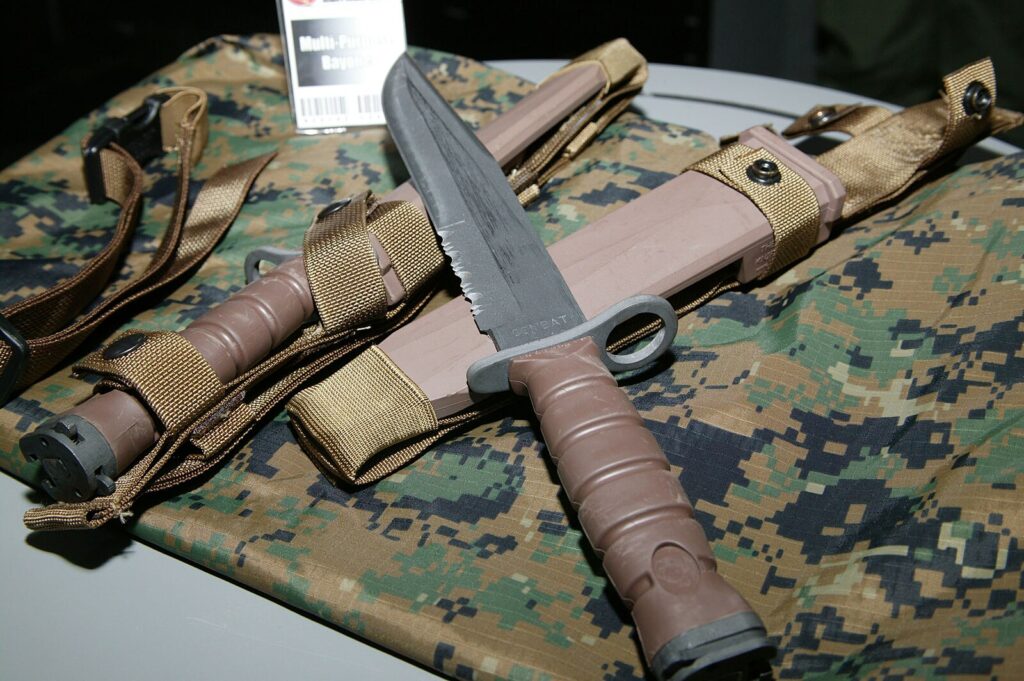
The five best bayonets still in use around the world
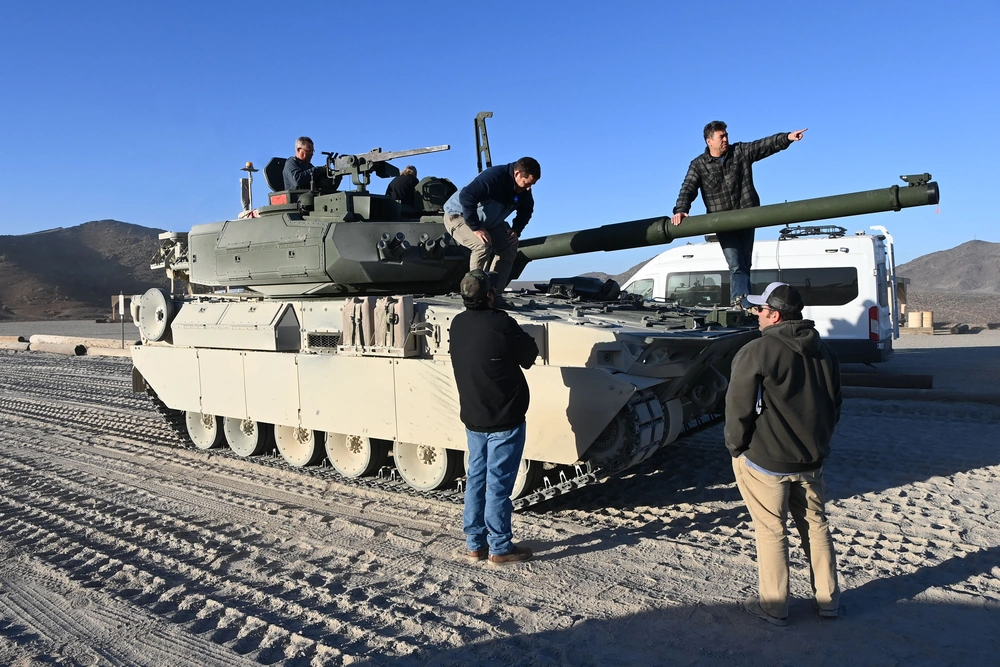
The M10 Booker and how the Army flubbed a tank
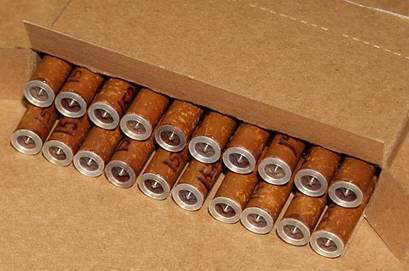
Caseless ammo could be the future of cartridges
Sandboxx News
-

‘Sandboxx News’ Trucker Cap
$27.00 Select options This product has multiple variants. The options may be chosen on the product page -

‘AirPower’ Classic Hoodie
$46.00 – $48.00 Select options This product has multiple variants. The options may be chosen on the product page -

‘AirPower’ Golf Rope Hat
$31.00 Select options This product has multiple variants. The options may be chosen on the product page -

‘Sandboxx News’ Dad Hat
$27.00 Select options This product has multiple variants. The options may be chosen on the product page
